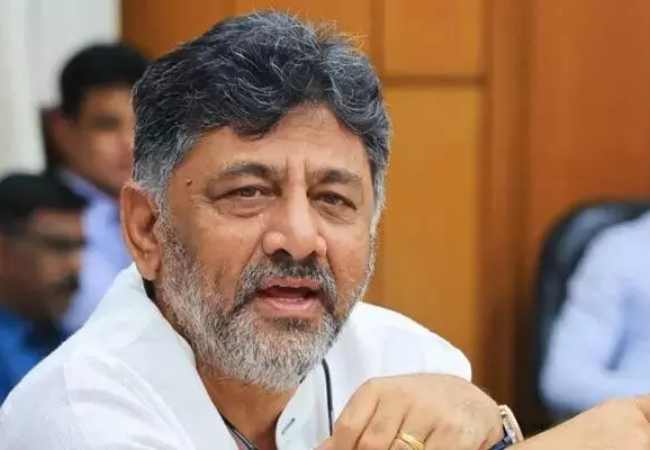New Delhi (PTI): The Supreme Court on Tuesday agreed to hear in July a plea of several Gujarat judicial officers whose promotions were stayed by it.
A bench headed by Justice M R Shah, now retired, on May 12 had stayed the promotion of 68 Gujarat lower judicial officers, including Surat Chief Judicial Magistrate Harish Hasmukhbhai Varma who had convicted Congress leader Rahul Gandhi in a defamation case.
A bench comprising Chief Justice D Y Chandrachud and Justices P S Narasimha and J B Pardiwala took note of the submissions of senior advocate Meenakshi Arora, appearing for the judicial officers, that they have been reverted back to their original lower cadre by the Gujarat High Court in pursuance of the apex court's decision of May 12.
Several judicial officers are suffering "humiliation" due to the demotion and moreover, six states in the country follow the principle of seniority-cum-merit for promotion, said the senior lawyer.
"We will list it after the summer vacation in July," the CJI said, adding they have been reverted back on account of a decision of a coordinate bench of the apex court.
The apex court had earlier said that the promotion of the judicial officers was in violation of the Gujarat State Judicial Service Rules 2005, amended in 2011, which states that promotions must be made on principle of merit-cum-seniority and on passing a suitability test.
Let the Truth be known. If you read VB and like VB, please be a VB Supporter and Help us deliver the Truth to one and all.
Bengaluru (PTI): Karnataka has proposed a new Information Technology Policy for 2025–2030, offering extensive financial and non-financial incentives aimed at accelerating investments, strengthening innovation and expanding the state's tech footprint beyond Bengaluru.
The Karnataka Cabinet gave its nod to the policy 2025–2030 with an outlay of Rs 445.50 crore on Thursday after the Finance Department accorded its approval.
The policy introduces 16 incentives across five enabler categories, nine of which are entirely new, with a distinctive push to support companies setting up or expanding in emerging cities.
Alongside financial support, the government is also offering labour-law relaxations, round-the-clock operational permissions and industry-ready human capital programmes to make Karnataka a globally competitive 'AI-native' destination.
According to the policy, units located outside Bengaluru will gain access to a wide suite of benefits, including research and development and IP creation incentives, internship reimbursements, talent relocation support and recruitment assistance.
The benefits also include EPF reimbursement, faculty development support, rental assistance, certification subsidies, electricity tariff rebates, property tax reimbursement, telecom infrastructure support, and assistance for events and conferences.
Bengaluru Urban will receive a focused set of six research and development and talent-oriented incentives, while Indian Global Capability Centres (GCCs) operating in the state will be brought under the incentive net.
Incentive caps and eligibility thresholds have been raised, and the policy prioritises growth-focused investments for both new and expanding units.
Beyond incentives, the government focuses on infrastructure and innovation interventions.
A flagship proposal in the policy is the creation of Techniverse -- integrated, technology-enabled enclaves developed through a public-private partnership model inside future Global Innovation Districts.
These campuses will offer plug-and-play facilities, artificial intelligence and machine learning and cybersecurity labs, advanced testbeds, experience centres, and disaster-resistant command centres.
There will also be a Statewide Digital Hub Grid and a Global Test Bed Infrastructure Network, linking public and private research and development, and innovation facilities across Karnataka.
The government has proposed a Women Global Tech Missions Fellowship for 1,000 mid-career women technologists, an IT Talent Return Programme to absorb experienced professionals returning from abroad, and broad-based skill and faculty development reimbursements.
Shared corporate transport routes in Bengaluru and tier-two cities will be designed with Bengaluru Metropolitan Transport Corporation and other transport entities to support worker mobility.
The government said the policy is the outcome of an extensive research and consultation process involving TCS, Infosys, Wipro, IBM, HCL, Tech Mahindra, Cognizant, HP, Google, Accenture and NASSCOM, along with sector experts and stakeholder groups.
It estimates an outlay of Rs 967.12 crore over five years, comprising Rs 754.62 crore for incentives and Rs 212.50 crore for interventions such as Techniverse campuses, digital grid development, global outreach missions and talent programmes.





